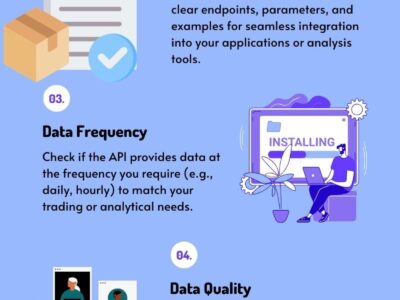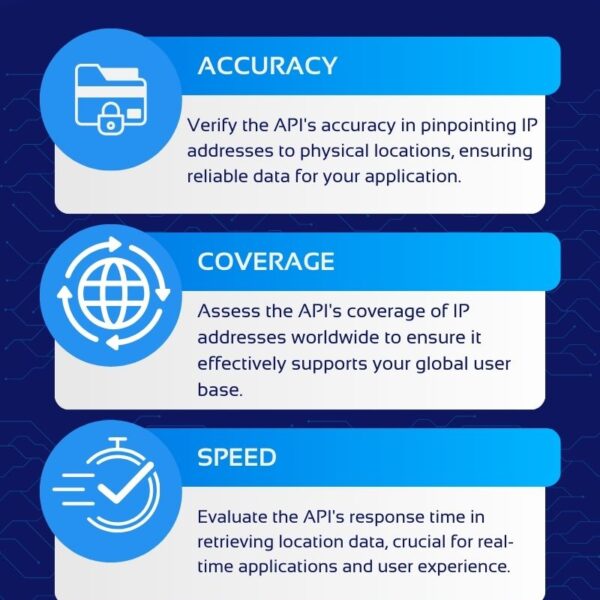
The web development industry is evolving quickly. There is never a good reason to cut corners as a developer. To stay ahead of the curve and on top of industry trends, you have to continuously learn new things and hone your craft.
And like the majority of developers, you undoubtedly examined your code and considered how to improve it.
There are a few additional methods to advance your development abilities, even though the proverb “practice makes perfect” undoubtedly holds true for online and software engineers.
We’ll cover five Tips for Improving Your Web Development Skills in this post that you may put into practice right now to improve as a web developer.
As a developer, you can always do better, no matter where you are in your career. To get better at what they do, novices must learn more, while seasoned developers should always work to optimize their code for readability, performance, and maintainability.
Tips for Improving Your Web Development Skills
1. Write Code Every Day
Almost any experienced developer will encourage you to create code every day as the greatest way to advance your abilities. The advice is effective even if it could seem apparent and consequently not very helpful. After developing your skills you can design any type of website that you want and can improve your design rapidly. But for a wordPress developer, there is no need for much knowledge in coding. There are also some tips to make the website design more effective without knowing any lines of code which will help you if you are a WordPress developer.
Writing code on a regular basis will help you improve as a developer, just as practice makes perfect for any ability. This can help you identify your errors and enhance your typing abilities, which lowers the likelihood that you will make mistakes.
Remember that this does not require you to think of new ideas on a daily basis. However, it does require constant practice. While staying current with internet security is important, you also don’t want a client’s data to be compromised because of old code.
Spend some time getting to know your preferred code editor inside and out while you’re at it. Try using it without using your mouse or touchpad after learning the shortcuts. When you truly understand every function your primary tool has to offer, you’ll be astounded at how much more productive you can become.
2. Contribute to Open-Source Projects
Getting your hands dirty with coding is facilitated by working on open-source projects from sites like GitHub. One option is to fork an already-existing project and make your own version of it. Additionally, you can assist an ongoing project by seeing it through to completion or by addressing small issues to increase the stability of the project. For example, taking part in the scope modification process of a project might help you become more adept at working and communicating with other team members.
Whichever choice you select, you will undoubtedly learn more about your code and be exposed to other people’s writings, which may inspire you to try something else.
Additionally, you get to work with people on enjoyable projects that give your code a second (or third!) set of eyes. Along with improving your teamwork skills, you’ll also get a priceless learning experience. Also, strong teamwork skills are vital for establishing effective collaboration in web development outsourcing projects.
3. Teach Others What You Know
You may believe that writing about code is not your thing. You’re not a writer, after all. However, one of the best ways to keep learning is to start a blog where you can share your expertise with other people.
Writing about what you know will help you develop your ability to structure your writing and to arrange your ideas. You get the chance to examine your prior knowledge and support it with real-world examples. In some circumstances, you may wish to conduct additional research on the subject in order to gain more knowledge and a deeper comprehension of the issue you’re attempting to address.
4. Challenge Yourself With a New Skill
Online development tutorials are widely available. Furthermore, there’s no need to stay in your comfort zone, even though some of the newest trends in the development sector pass quickly.
To break up the monotony of working on several projects, try learning a new programming language or technique. Programmers like to manage projects in various ways, one of which is to experiment with various sprint planning tools.
As a WordPress theme developer, consider developing a plugin. Why not try developing mobile apps if you’re a software developer who works with online apps?
Although following an occasional tutorial won’t get you to a mastery level, it still adheres to the idea of being exposed to and immersed in code on a daily basis.
Remember that the tutorials on these websites frequently emphasize new capabilities in new languages, technologies, and APIs and are authored by developers with years of expertise.
5. Schedule Regular Downtime
While it is incredibly useful to code every day, remember to arrange regular downtime as well. Ironically, you’ll be more productive if you take some time off from producing anything.
Working nonstop increases your risk of burnout and stress, which can lead to bad code, missing deadlines, and lost chances. Your capacity for critical thought and problem-solving will decline, and eventually, your health will also suffer.
It is essential to plan regular downtime because of this. If you discover that you are unable to take a break from your work, schedule it in your calendar and set a reminder to halt for a predetermined amount of time. In this manner, you can take a break without feeling guilty about it; in fact, you could discover that it motivates you to continue working through your most intense coding sessions.
Conclusion:
Note that programming languages and technology change over time, so think twice before rushing to put the above advice into practice. Even though this is a valid reason to learn as many languages as you can, investing the time to understand and become proficient in the basics of programming will make you a far better developer.
Since the fundamentals are constant, it is preferable to concentrate on understanding the underlying architecture rather than learning the newest feature to be released in a certain language. Additionally, learning a new language or even improving your proficiency in your favorite becomes much easier once you have a good understanding of the foundations.
Read more suggested blogs…
Key Factors to Consider When Implementing Digital Transformation
Precision in Packaging Assurance of Bursting Strength Tester Machines











